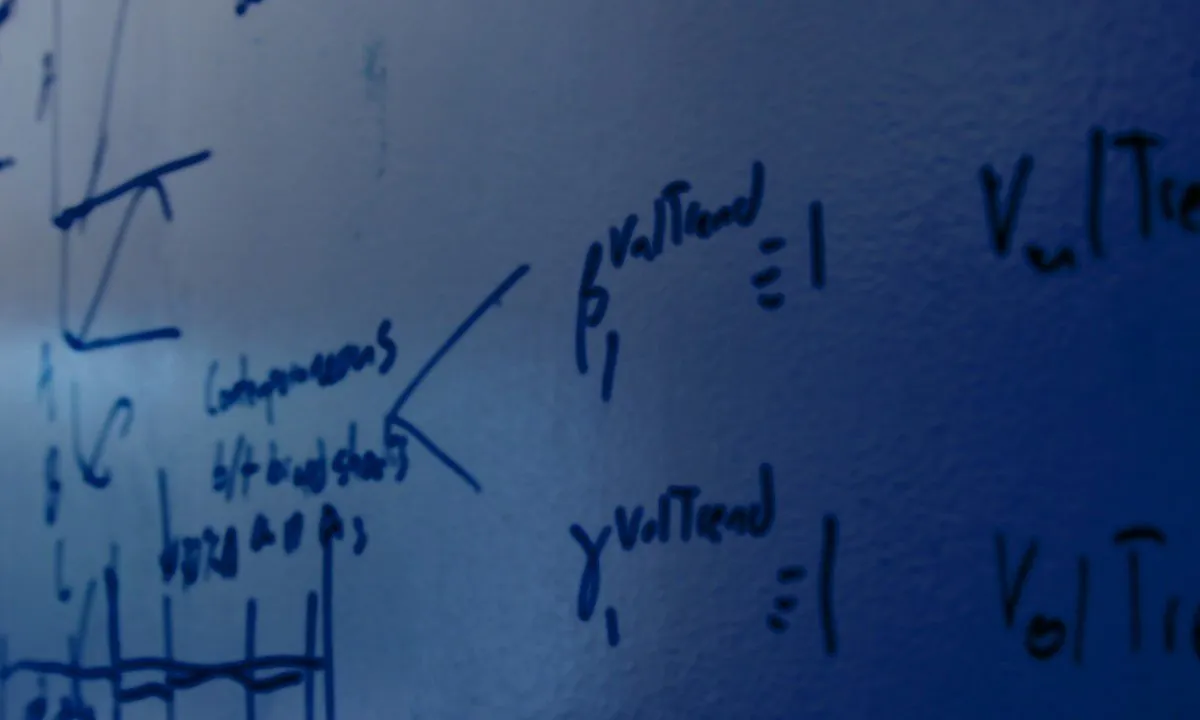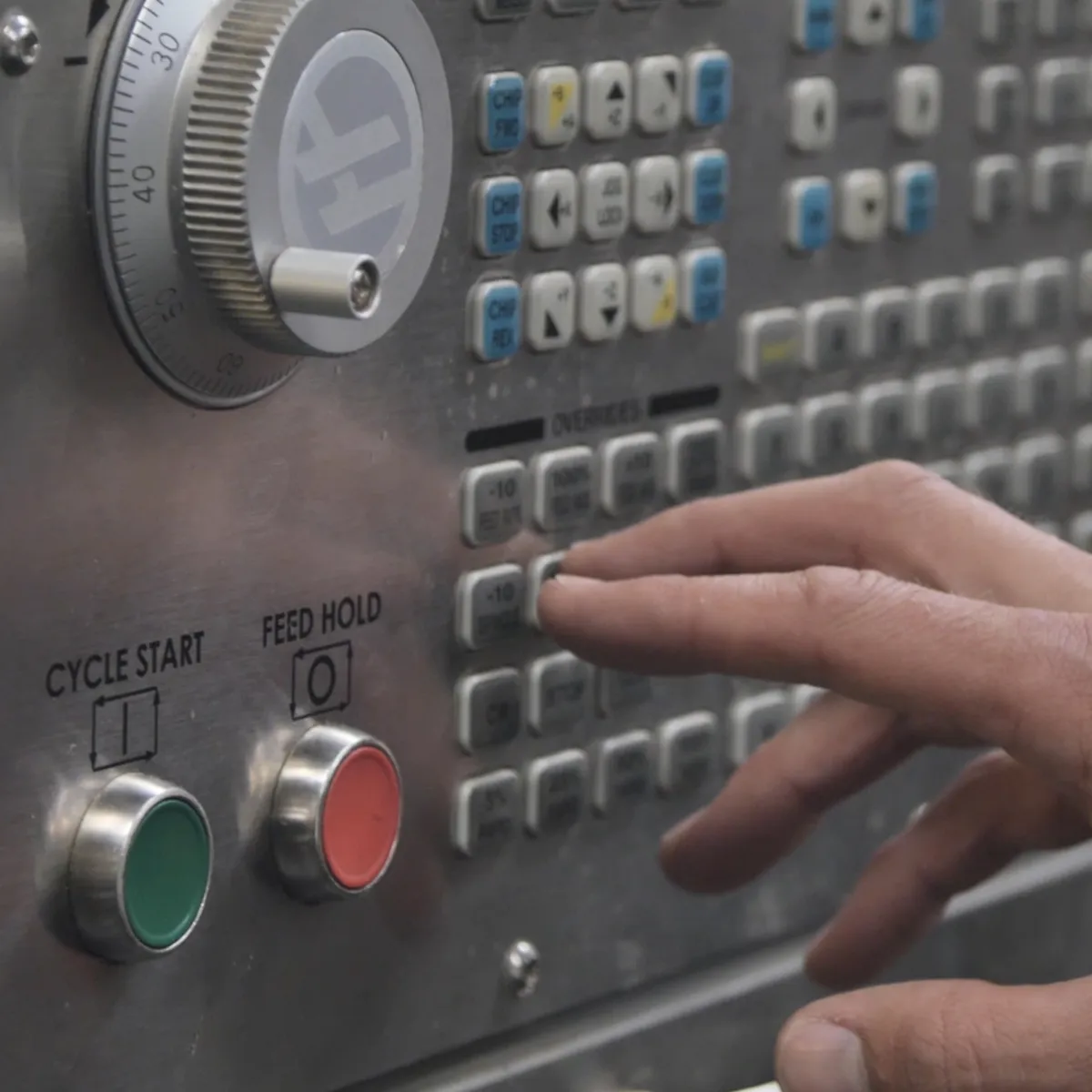
Fluid Machines 
This course provides an overview of the principles of fluid mechanics and their application to hydraulic and air machines, including an examination of their performance. Students will gain an understanding of energy transfer in fluid machines. ▼
ADVERTISEMENT
Course Feature
![]() Cost:
Cost:
Free
![]() Provider:
Provider:
Swayam
![]() Certificate:
Certificate:
No Information
![]() Language:
Language:
English
![]() Start Date:
Start Date:
Self Paced
Course Overview
❗The content presented here is sourced directly from Swayam platform. For comprehensive course details, including enrollment information, simply click on the 'Go to class' link on our website.
Updated in [March 06th, 2023]
This course, Fluid Machines, provides an introduction to the basic principles of hydraulic impulse and reaction turbines, as well as hydraulic and air compressors. It covers topics such as Hydraulic Impulse Turbine, Hydraulic Reaction Turbine Part I, Hydraulic Reaction Turbine Part II and Hydraulic Pump Part I, Hydraulic Pump Part II, Hydraulic Pump Part III, Air Compressor Part I, and Air Compressor Part II. Students will gain an understanding of the fundamentals of fluid machines and their applications.
[Applications]
The application of this course can be seen in various industries such as power generation, water supply, irrigation, and other industrial processes. It is recommended that students use the knowledge gained from this course to design and develop efficient fluid machines for their respective industries. Additionally, students should use the principles of fluid mechanics to analyze and troubleshoot existing fluid machines. Furthermore, students should be able to apply the principles of fluid mechanics to design and develop new fluid machines.
[Career Paths]
1. Hydraulic Engineer: Hydraulic engineers design, develop, and maintain hydraulic systems and components. They are responsible for the design, installation, and maintenance of hydraulic systems, such as pumps, valves, and motors. They must also be able to troubleshoot and repair any issues that arise. The demand for hydraulic engineers is expected to grow as the need for more efficient and reliable hydraulic systems increases.
2. Air Compressor Technician: Air compressor technicians are responsible for the installation, maintenance, and repair of air compressors. They must be knowledgeable in the operation of air compressors and be able to troubleshoot and repair any issues that arise. The demand for air compressor technicians is expected to grow as the need for more efficient and reliable air compressors increases.
3. Turbine Technician: Turbine technicians are responsible for the installation, maintenance, and repair of turbines. They must be knowledgeable in the operation of turbines and be able to troubleshoot and repair any issues that arise. The demand for turbine technicians is expected to grow as the need for more efficient and reliable turbines increases.
4. Fluid Mechanics Engineer: Fluid mechanics engineers are responsible for the design, development, and maintenance of fluid systems and components. They must be knowledgeable in the principles of fluid mechanics and be able to troubleshoot and repair any issues that arise. The demand for fluid mechanics engineers is expected to grow as the need for more efficient and reliable fluid systems increases.
[Education Paths]
1. Mechanical Engineering: Mechanical engineering is a broad field that involves the design, development, and construction of machines and systems. It is one of the oldest and broadest engineering disciplines, and it is a rapidly growing field due to the increasing demand for efficient and reliable machines and systems. Mechanical engineers are involved in the design, development, and operation of a wide range of machines and systems, from small components to large-scale systems. The development of new technologies and materials has led to the emergence of new areas of mechanical engineering, such as nanotechnology, robotics, and mechatronics.
2. Aerospace Engineering: Aerospace engineering is a field of engineering that focuses on the design, development, and operation of aircraft and spacecraft. Aerospace engineers are responsible for the design, development, and testing of aircraft and spacecraft, as well as the development of new technologies and materials for use in aerospace applications. Aerospace engineers are also involved in the development of new propulsion systems, navigation systems, and other systems for aircraft and spacecraft.
3. Automotive Engineering: Automotive engineering is a field of engineering that focuses on the design, development, and operation of automobiles and other motor vehicles. Automotive engineers are responsible for the design, development, and testing of automobiles and other motor vehicles, as well as the development of new technologies and materials for use in automotive applications. Automotive engineers are also involved in the development of new propulsion systems, navigation systems, and other systems for automobiles and other motor vehicles.
4. Robotics Engineering: Robotics engineering is a field of engineering that focuses on the design, development, and operation of robots and other robotic systems. Robotics engineers are responsible for the design, development, and testing of robots and other robotic systems, as well as the development of new technologies and materials for use in robotics applications. Robotics engineers are also involved in the development of new propulsion systems, navigation systems, and other systems for robots and other robotic systems.
Course Provider

Provider Swayam's Stats at AZClass
Fluid Machines provides an overview of the principles of fluid mechanics and their application to hydraulic and air machines, including an examination of their performance. Learners can understand the basic principles of fluid mechanics, such as fluid flow principles, energy conversion principles, and fluid mechanics principles. This knowledge can be applied to the design and operation of various types of fluid machinery, such as hydraulic impulse turbines, hydraulic reaction turbines, and hydraulic pumps. Learners gain an understanding of the principles of hydraulic impulse turbines, including the design and operation of these machines. They can also learn about different types of hydraulic impulse turbines such as axial flow, radial flow and mixed flow turbines.
Discussion and Reviews
0.0 (Based on 0 reviews)
Explore Similar Online Courses

Empresas Familiares

Introduction to Social Media Analytics

Python for Informatics: Exploring Information

Social Network Analysis

Introduction to Systematic Review and Meta-Analysis

The Analytics Edge

DCO042 - Python For Informatics

Causal Diagrams: Draw Your Assumptions Before Your Conclusions

Whole genome sequencing of bacterial genomes - tools and applications

Cyber Security in Manufacturing

Creating Toolpaths for a CNC Lathe


Start your review of Fluid Machines